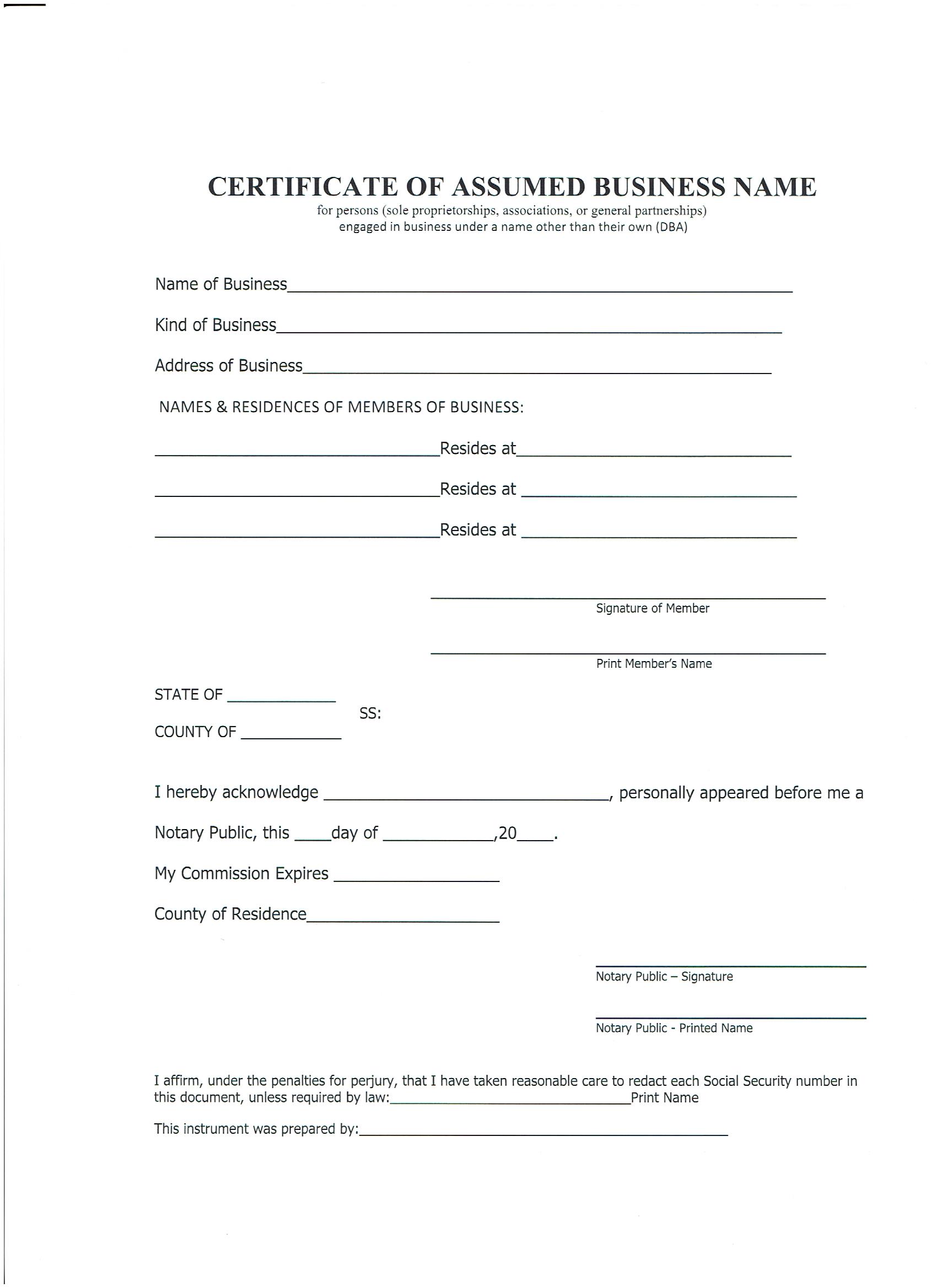
Only report expenses that are directly related to your business.įind out more about business income and allowed expenses Business partnerships and directors You must report your self-employed income accurately. You may be asked for receipts for any expenses you claim. How much tax and National Insurance you paid How much your business spent on different types of expenses, such as travel costs, stock, equipment and tools, work clothing and office costs

You’ll need to keep a record of and report the payments received into and paid out of your business each assessment period. Self-employed earnings are reported on a simple ‘cash in, cash out’ basis for Universal Credit. If you are not able to report online, you must call the Universal Credit helpline to report. You should report your income online by completing the ‘Report your income and expenses to-do’ on your account. You will also get a text message or email to remind you to report. You will get a ‘Report your income and expenses to-do’ in your Universal Credit account on the last day of each assessment period. For example, if you first submitted your claim on the 7th of the month, your assessment period runs to the 7th of the next month. An assessment period is a 1 month period, and it starts on the day you submit your claim. You must report your self-employed earnings on the last day of your monthly ‘assessment period’.Īssessment periods are used to calculate your Universal Credit payments. How and when to report your income and expenses If you report late, your payment may be delayed. You will not get your Universal Credit payment until you have reported your income and expenses.

If you are self-employed you must report your earnings from self-employment every month, even if you have not earned any money. This includes if you combine self-employment with other work, are a sub-contractor, or run your business through a company.

This guide is to help you understand what you need to do if you have self-employed earnings and are claiming Universal Credit.


 0 kommentar(er)
0 kommentar(er)
